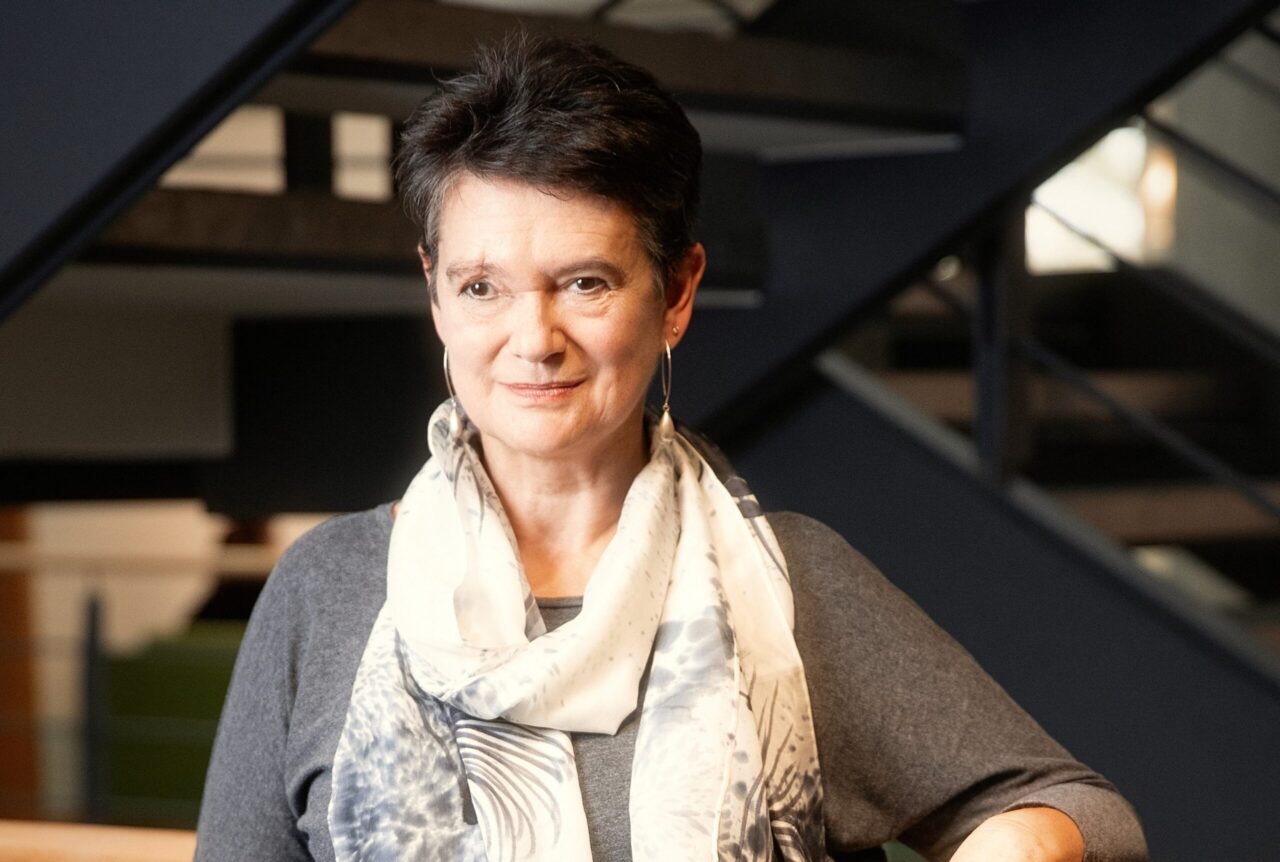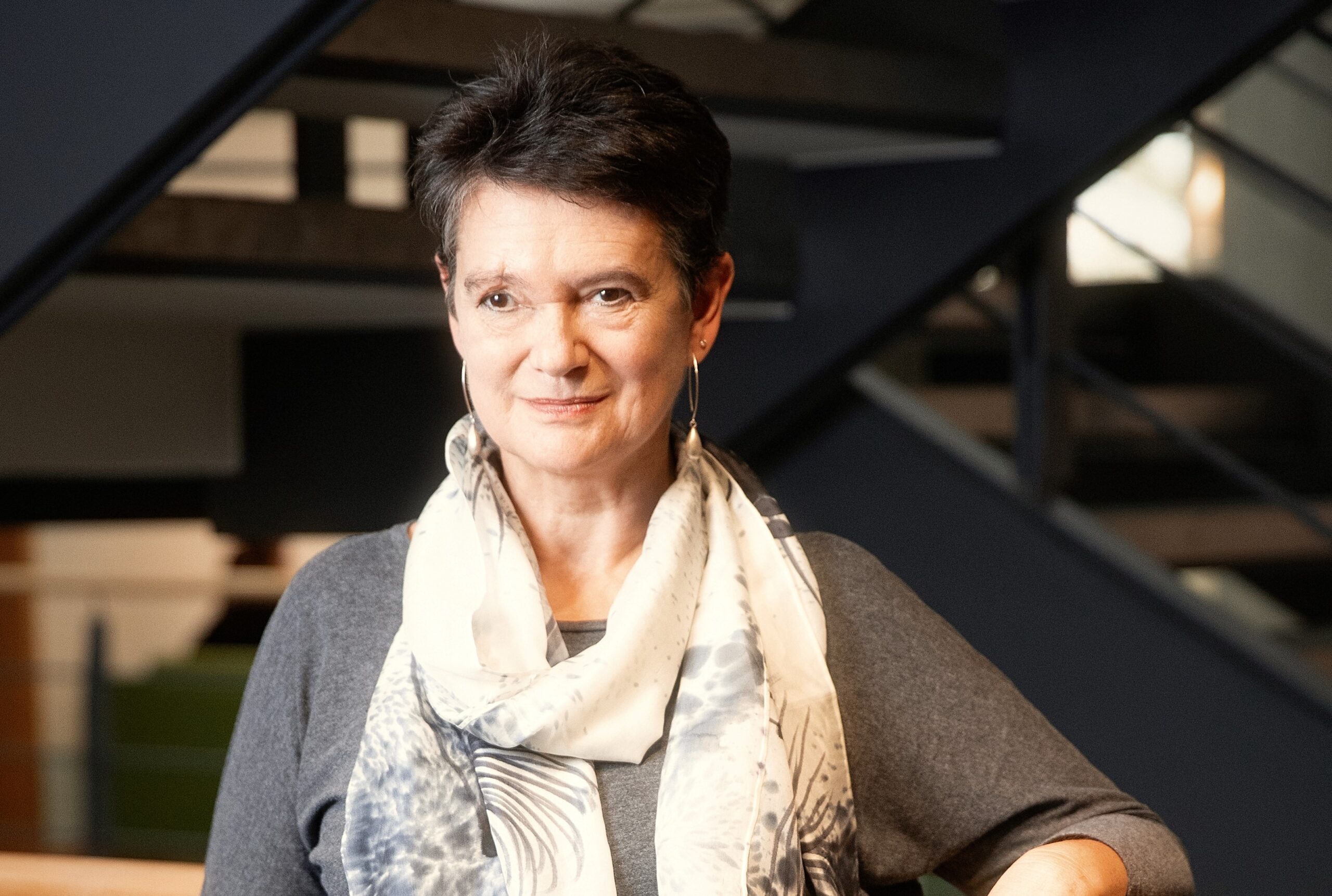Thursday, March 13, 2025
Diane Coyle | The Measure of Progress: Counting What Matters
- Hybrid
- Seminar

The DEL Seminar Series is proud to host a diverse roster of bright minds from around the world to discuss various subjects surrounding economics and technology.

On March 13, 2025, Diane Coyle, Bennett Professor of Public Policy at the University of Cambridge, stopped by the lab for her talk, “The Measure of Progress: Counting What Matters.”
Abstract
The ways that statisticians and governments measure the economy were developed in the 1940s, when the urgent economic problems were entirely different from those of today. In The Measure of Progress, Diane Coyle argues that the framework underpinning today’s economic statistics is so outdated that it functions as a distorting lens, or even a set of blinkers. When policymakers rely on such an antiquated conceptual tool, how can they measure, understand, and respond with any precision to what is happening in today’s digital economy? Coyle makes the case for a new framework, one that takes into consideration current economic realities.
Coyle explains why economic statistics matter. They are essential for guiding better economic policies; they involve questions of freedom, justice, life, and death. Governments use statistics that affect people’s lives in ways large and small. The metrics for economic growth were developed when a lack of physical rather than natural capital was the binding constraint on growth, intangible value was less important, and the pressing economic policy challenge was managing demand rather than supply. Today’s challenges are different. Growth in living standards in rich economies has slowed, despite remarkable innovation, particularly in digital technologies. As a result, politics is contentious and democracy strained.
Coyle argues that to understand the current economy, we need different data collected in a different framework of categories and definitions, and she offers some suggestions about what this would entail. Only with a new approach to measurement will we be able to achieve the right kind of growth for the benefit of all.

Diane Coyle
Bennett Professor of Public Policy, University of Cambridge
Diane Coyle is the Bennett Professor of Public Policy at the University of Cambridge. She is the Research Director at the Bennett School of Public Policy. Diane’s latest book is The Measure of Progress: Counting what really matters.
Her own research focuses on productivity, the digital economy and AI policy, and economic measurement. She has been writing about the effects of digital technologies since her first book, The Weightless World, in 1997. The underlying motivation for all her work is the question: what does it mean for the economy to improve, and who benefits?
Read more